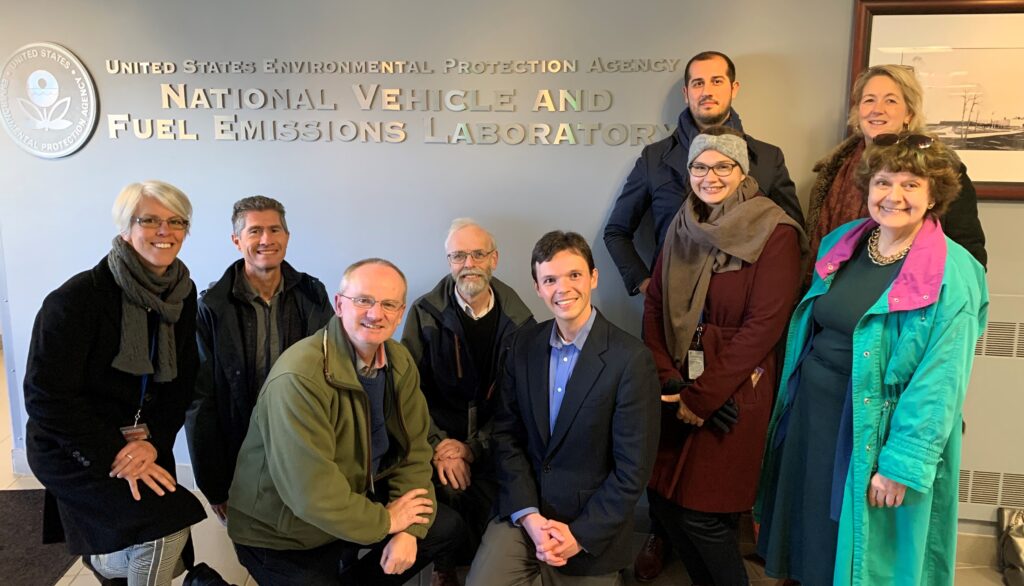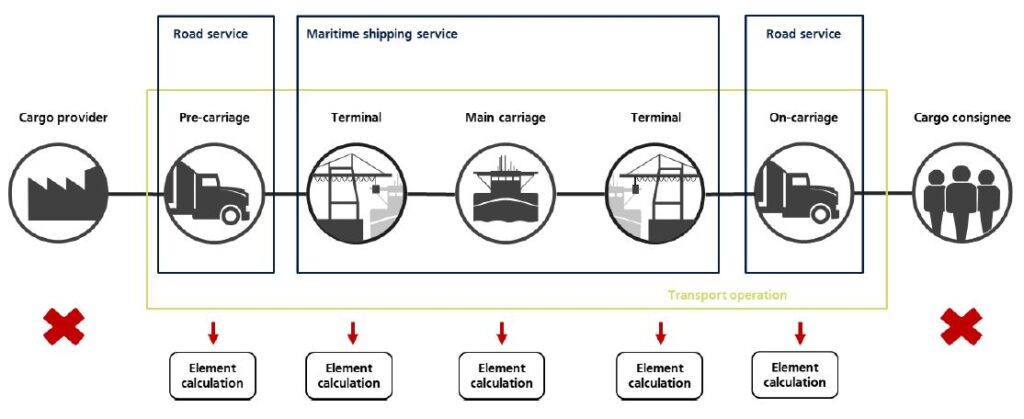Transport emissions are often one of the trickiest parts of an organisation’s carbon footprint calculation, especially when comparing indirect emissions from different modes of transport under scope 3. How can we decide whether rail or road is better? Are aviation emissions for belly freight always worse than shipping goods? How do we take account of passenger load factors when they can vary between time of day as much as between type of transport?
IBECCS is always keen to find practical solutions, while staying at the forefront of developing robust and clear calculation methodologies. So we’re pleased to report that Ian Byrne, principal, was able to represent the UK at the initial meeting of the working group developing an international standard for the Quantification and reporting of greenhouse gas emissions of transport operations – which is intended to become ISO 14083.

The meeting focused on the framework and scope for the proposed international standard, including both freight and passenger transport operations, as well as multi-modal transport chains. Designed to enable comprehensive end to end calculations, to enable clearer comparisons between transport modes, it will also include energy from transport hubs, including ferry ports, airports and railway stations, and associated facilities such as cold storage units while goods are waiting to be transferred between modes, as can be seen in the freight schematic below:

Discussions also hinged on how to link the new standard to existing initiatives, including the European standard EN 16258 and the US Smartway program, whether or not default values should be incorporated, how to treat electric vehicles, and how to ensure that outputs are robust yet not too complex to be adopted widely.
Ian Byrne is working closely with colleagues on the BSI committee SES/1/7 to ensure that a wide range of UK opinions and expertise can be input into the deliberations of the ISO working group.
